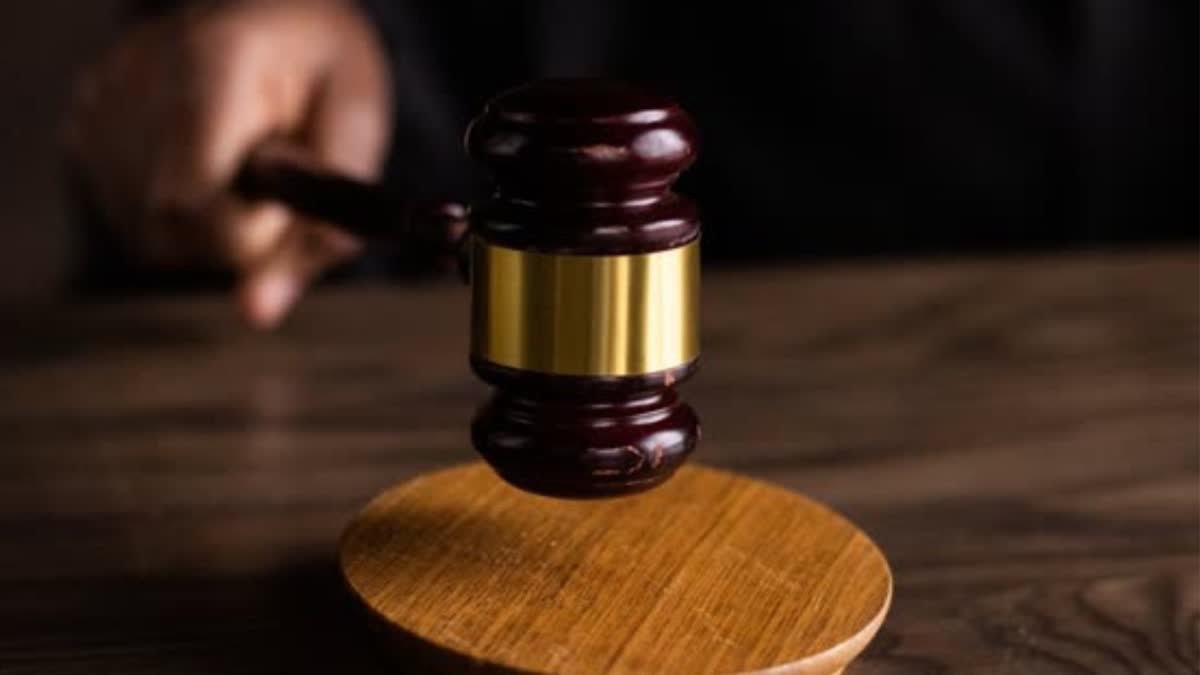New Delhi:The Supreme Court has said that if a patient has not responded favourably to the surgery or the treatment administered by a doctor or that the surgery has failed, the doctor cannot be held liable for medical negligence straightway. The apex court has made it clear that a simple lack of care, an error of judgment or an accident is not sufficient proof of negligence on part of the medical professional so long as the doctor follows the acceptable practice of the medical profession in discharge of his duties.
A bench comprising justices P S Narasimha and Pankaj Mithal, in judgment delivered on Friday, said: “simply for the reason that the patient has not responded favourably to the surgery or the treatment administered by a doctor or that the surgery has failed, the doctor cannot be held liable for medical negligence straightway by applying the doctrine of Res Ipsa Loquitor unless it is established by evidence that the doctor failed to exercise the due skill possessed by him in discharging of his duties”.
The bench said deterioration of the condition of the patient post-surgery is not necessarily indicative or suggestive of the fact that the surgery performed or the treatment given to the patient was not proper or inappropriate or that there was some negligence in administering the same. “In case of surgery or such treatment it is not necessary that in every case the condition of the patient would improve and the surgery is successful to the satisfaction of the patient”, said Justice Mithal, who authored the judgment on behalf of the bench.
The apex court allowed an appeal filed by Dr Neeraj Sud and the Postgraduate Institute of Medical Sciences, Chandigarh against the 2011 order of the National Consumer Disputes Redressal Commission (NCDRC). The commission had directed them to pay Rs three lakh as compensation and Rs 50,000 as cost to complainant Jaswinder Singh and his father for negligence.
Justice Mithal said the complainants have not adduced any evidence to establish any negligence in the performance of surgery or treatment on part of Dr. Neeraj Sud or the PGI. Justice Mithal said the complainants mainly relied upon the medical records of the PGI which were obtained and considered by the state commission.
“Deterioration of the condition of the patient post-surgery is not necessarily indicative or suggestive of the fact that the surgery performed or the treatment given to the patient was not proper or inappropriate or that there was some negligence in administering the same”, said Justice Mithal.
Justice Mithal said in case of surgery or such treatment it is not necessary that in every case the condition of the patient would improve and the surgery is successful to the satisfaction of the patient. “It is very much possible that in some rare cases complications of such nature arise but that by itself does not establish any actionable negligence on part of the medical expert”, said the bench.
The bench said it is well recognized that actionable negligence in the context of the medical profession involves three constituents (i) duty to exercise due care; (ii) breach of duty and (iii) consequential damage. “However, a simple lack of care, an error of judgment or an accident is not sufficient proof of negligence on part of the medical professional so long as the doctor follows the acceptable practice of the medical profession in discharge of his duties”, said the bench.
